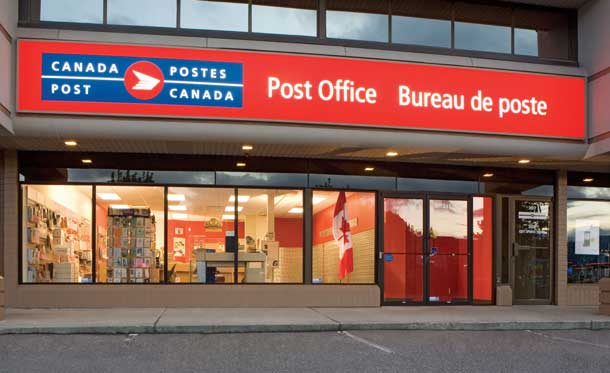TORONTO – BUSINESS – While negotiations continue, the Canadian Union of Postal Workers (CUPW) have hit Canada’s largest processing centre in Toronto for a second time in three weeks. Since October 22, CUPW’s rotating strikes have now shut down Canada Post’s operations in more than 100 communities across the country. The union continues to escalate their strike activity, adding more communities each day and shutting down major processing centres for extended periods.
CUPW is continuing strike action in parts of Ontario and Quebec. Meanwhile, strikes have ended in Calgary, Edmonton, Medicine Hat and Lethbridge, Alta.; Scarborough and Pickering, ON.
Service impacts as strikes have trailers of parcels backlogged
Toronto is a key processing hub for mail and parcels in Canada. It was shut down by the union for two consecutive days in October and is now idle again due to the union’s strikes with no indication of when it will end. This will worsen the backlogs at our facilities and customers should expect delays of several days for mail or parcel deliveries. Prior to the union’s decision to target Toronto again, the number of trailers full of parcels and packets waiting to be unloaded and processed at a Canada Post facilities sat at over 150.
The escalating strikes have now shut down our three largest processing facilities in Toronto, Vancouver and Montreal up to 48 hours. Combined, those three plants can process a million parcels and packets a day for communities across the country.
Canada Post will continue to make every effort to minimize the impact, but customers across the country can expect delays of several days for parcel and mail delivery. We thank our customers for their continued patience and apologize for the inconvenience this is causing.
Negotiations
Canada Post remains committed to the bargaining process. The Corporation has made significant offers to CUPW that include increased wages, job security, and improved benefits, and it has not asked for any concessions in return.
We value the relationship with the union and have been able to find common ground on some issues. We have also committed to work together to address employees’ workload concerns caused by parcel growth, additional financial services and going beyond pay equity for Rural and Suburban employees by extending job security and moving to one uniform for all delivery employees.







